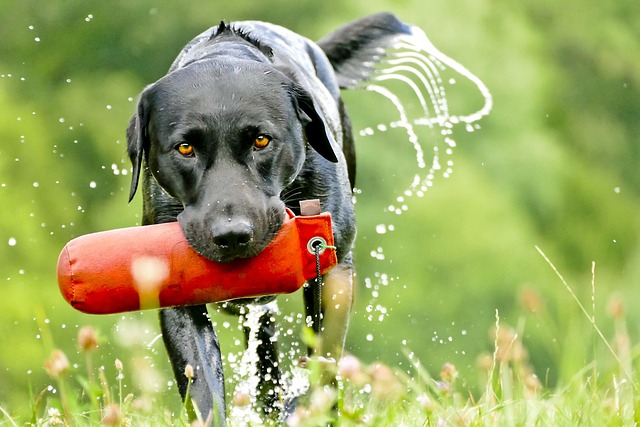
How to supplement nutrition for dogs
You’re standing in the pet aisle of your local Target in Minneapolis, staring at shelves overflowing with fish oil capsules, probiotic chews, and bone broth powders while your rescue mutt
You just brought Fido home from his annual shots, and now he's curled up in his bed ignoring his favorite squeaky toy. That sudden quietness makes you wonder - is this normal tiredness or something worse? Vaccinations work by giving the immune system a practice run against weakened viruses, essentially training those defensive cells like boot camp drills. This immune activation often causes mild, temporary fatigue as the body redirects energy toward building protection.
Most pups show subtle changes within 24 hours that shouldn't alarm you. Think of that Labrador who usually demolishes his dinner but just sniffs his kibble tonight, or the terrier who naps through walk time. Slight lethargy, reduced appetite, and a warm nose indicating low-grade fever are textbook responses. You might even notice tenderness at the injection site - a yelp when you touch that spot isn't uncommon. These symptoms typically fade within 48 hours as the immune system settles.
Distinguishing routine grogginess from red flags is crucial. Mild tiredness? Normal. Collapsing or struggling to breathe? Emergency. Watch for facial swelling like puffy eyes or hives crawling across their belly - these signal allergic reactions. Vomiting more than twice or explosive diarrhea warrants immediate calls to your vet clinic. Seattle pet owner Mia recalls her Beagle's alarming wheezing post-vaccine: "It wasn't just panting - his gums turned pale blue within minutes." That's the scary difference between expected discomfort and dangerous distress.
Caring for your dog post-vaccination involves practical comforts and vigilance. Skip the dog park tomorrow - keep walks gentle and short in your apartment complex, avoiding stairs if there's soreness. Hydration matters more than food; try ice cubes or bone broth if they refuse water. Create a quiet recovery zone away from noisy kids or other pets. Gently massage their shoulders if they tolerate touch, but never force interaction. Track symptoms on your phone notes: "3pm - refused treats, slept 4hrs straight" helps vets assess patterns.
Certain reactions demand instant veterinary intervention. If you see neurological symptoms like stumbling as if drunk, persistent vomiting beyond six hours, or that terrifying facial swelling escalating rapidly - bypass phone calls and head straight to the emergency clinic. Time matters profoundly with anaphylactic reactions. Remember, legitimate vets welcome follow-up concerns; California legally mandates free post-vaccine complication checks within 72 hours. Your awareness complements their expertise - together you ensure Fido's safety beyond just regulatory compliance.

You’re standing in the pet aisle of your local Target in Minneapolis, staring at shelves overflowing with fish oil capsules, probiotic chews, and bone broth powders while your rescue mutt

Imagine walking your new rescue pup, Luna, through Central Park when you spot wriggling spaghetti-like strands in her poop. Disgusting? Absolutely. Dangerous?

Watching your dog struggle to jump on the couch or limp up the stairs is heartbreaking. Arthritis in a dog’s back legs is a common yet often misunderstood condition that affects millions of pets.

You’ve just scooped out another portion of kibble, and your Labrador Retriever is sitting patiently, tail wagging furiously. But how do you know when enough is enough?

Picture this: a sunny Saturday at the local dog park in Phoenix. Your energetic Dalmatian dashes around, but as the mercury climbs, their tongue lolls out and paws start to slow.

Hey there, new dog parents across the pond—especially you folks in the U.S.! If you're anything like my neighbor Sarah in Brooklyn, you've probably heard